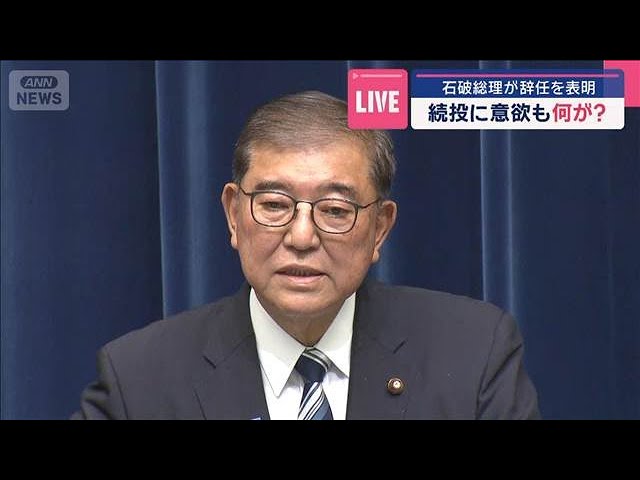Japan's serving Prime Minister has announced his decision to resign from the office. The news comes as a surprise to the populace and has sent ripples across the political spectrum. While the reasons behind this decision haven't been explicitly stated, one can infer certain matters were at hand. This development will set the stage for a leadership election within the ruling party and will have significant implications on the future course of Japan's political landscape.
In Japan, the resignation of a Prime Minister is an action not taken lightly. It usually comes after heavy consideration and typically signals disagreement or dissatisfaction with current policies or political climates. The Japanese populace is generally very invested in their political issues and the workings of their government, hence, this decision will spark numerous debates and speculations.
In the US or the EU, similar situations would also draw significant attention. However, the frequency of such occurrences may vary depending on the nature of the political climate in these regions. Leadership changes have far-reaching implications and tend to shift policy direction, hence, they are watched keenly by both domestic and international bodies.

